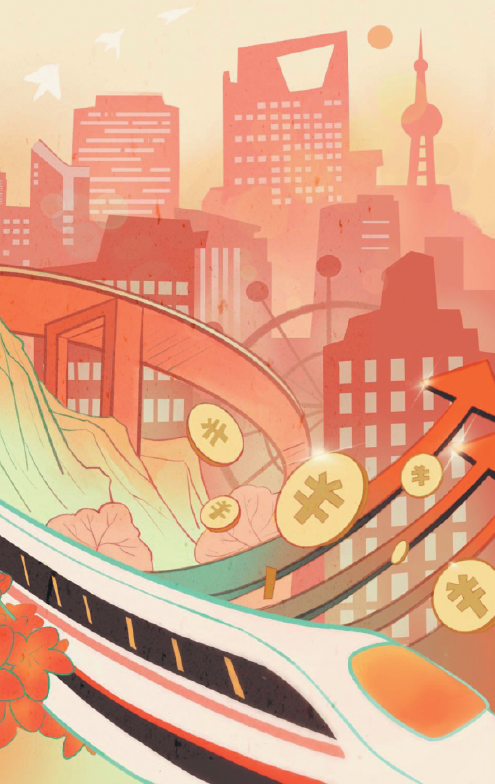Neo-colonialist deal


'Indo-Pacific Economic Framework for Prosperity' is essentially 'all pain, no gain' for the ASEAN countries
The US' introduction of the "Indo-Pacific Economic Framework for Prosperity "sits outside of the established framework of cooperation within the region. US President Joe Biden was clear about the purpose of the proposal in his visit to Japan. "We're writing the new rules for the 21st-century economy," he said. What was less clear in the initial announcement was just how those rules would be structured in relation to China.
US National Security Adviser Jake Sullivan was more direct. He said the framework is "focused around … the setting of standards and rules, particularly in new areas like the digital economy".
The world has changed, but Biden's announcement harks back to a world that was, rather than the world as it is.
Both Biden's and Sullivan's statements reflect the core differences in approach to managing trade relationships within the region. One approach is based on exclusion. A club that only like-minded are invited to join. Others in the region are excluded with the intention of putting them at a competitive disadvantage. They are excluded from "writing the new rules for the 21st-century economy".
The impact and potential effectiveness of the IPEF proposal cannot be understood without putting it into the context of the region and regional organizations. Of these organizations, the Association of Southeast Asian Nations is the most representative of the different approaches and attitudes taken by countries within the region. Its core values of consensuses and non-interference with the affairs of member countries are viewed with frustration by the United States which prefers a more direct style and which has no hesitation in instructing others how to behave.
The reactions to the way in which the IPEF was announced, the expectations of how the IPEF will operate and its objectives cannot be separated from the experience of the region in breaking from its colonial past. Nor can it be separated from the economic growth and powerhouse for ASEAN's development.
The IPEF seeks to achieve its objectives by excluding selected countries and forcing others to choose sides. Demanding this choice harks back to the choices foisted on the region when the US was last heavily engaged and it's not a situation that is comfortable or welcomed by ASEAN. Sovereign independence has a greater meaning and is more valued by those countries which achieved it within living memory.
Once regarded as a comparatively weak organization, ASEAN has matured in recent years to become a strong representative of a region that is increasingly determined to manage its own affairs.
The maturity of ASEAN is underestimated by the coercive approach that underpins the IPEF. At its heart, the proposal of IPEF makes the assumption that ASEAN is weak and seeking protection-a description that might be appropriate in the early days of ASEAN. The foundations of the IPEF make the assumption that ASEAN has no plans of its own, that it has no legitimate desires, and that it needs the guiding hand of more advanced economies.
In short, the IPEF is part of the long colonialist tradition of the West in Asia where the Western countries write the rules and expect others to accept this as the natural order of things. In many ways, the IPEF continues a pattern of coercive behavior that is designed to advance US interests in the region. The primary US objective is to limit China's influence and activity in the region, destroy its competitive advantage and co-opt the ASEAN members to participate as a proxy of the US in its "competition" with China.
James Crabtree of Singapore's International Institute for Strategic Studies argues that the IPEF amounts to an "all-pain, no-gain economic deal "for Southeast Asian countries. The pain comes from the deliberate exclusion of China and the development of "new rules" that are clearly designed to make it more difficult to conduct trade with China. It's a no-gain deal because the IPEF does not offer expanded access to the US markets.
The claim that "our economic policy interests in the region are intertwined, and deepening economic engagement among partners is crucial for continued growth, peace, and prosperity" is a farce when the IPEF excludes China.
The ASEAN members will participate in the IPEF, but it will be on their terms. Members will be selective, taking what is suitable, adapting what can be adapted, and rejecting what is not appropriate for the stability and economic progress of the region.
The author is an international financial technical analysis expert and a national board member of the Australia China Business Council.
Contact the editor at editor@chinawatch.cn


































